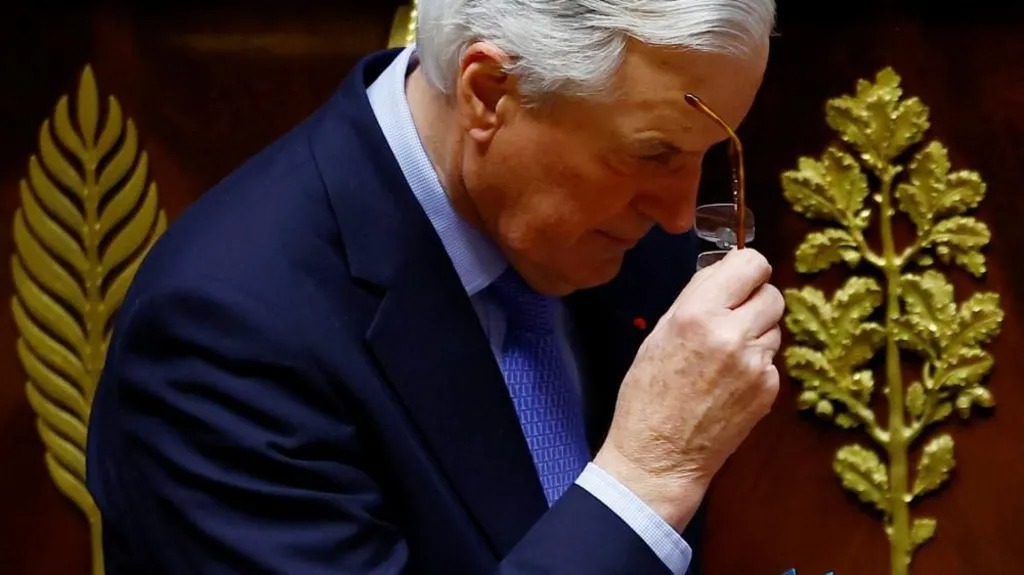
French Government Collapses in No-Confidence Vote
The French government has collapsed after Prime Minister Michel Barnier was ousted in a historic no-confidence vote on Wednesday. This dramatic turn of events comes just three months after Barnier’s appointment by President Emmanuel Macron and highlights the deepening political instability in France.
Here’s what happened and what it means for France moving forward.
The Vote That Toppled the Government
The National Assembly overwhelmingly passed the motion of no-confidence with 331 votes in favor, surpassing the required 288. The vote followed a controversial decision by Barnier to bypass parliament and impose his budget using special presidential powers.
This marks the first time since 1962 that a French government has been dissolved through a no-confidence vote.
Barnier must now resign along with his government, and the proposed budget — which included €60bn (£49bn) in deficit reduction — is nullified.
A Divided Parliament and Public Discontent
Political gridlock has plagued France since the snap elections earlier this year, which resulted in a fragmented parliament with no clear majority.
Opposition parties — including the left-wing New Popular Front (NFP) and the far-right National Rally (RN) — united against Barnier’s austerity measures.
- Marine Le Pen, RN leader, called the budget “toxic for the French,” citing its social security reforms as unacceptable.
- NFP, the largest parliamentary bloc, had already criticized Macron for sidelining their candidate when appointing Barnier as prime minister.
Macron’s Response and Next Steps
President Emmanuel Macron, who recently returned from a state visit to Saudi Arabia, is expected to address the nation in a televised speech on Thursday evening.
While the president is not directly impacted by the no-confidence vote due to France’s separate presidential election system, this is a significant blow to his administration. Macron has ruled out resigning and is likely to swiftly appoint a new prime minister to restore order ahead of US President-elect Donald Trump’s visit to Paris this weekend.
Until a replacement is named, Barnier will remain as caretaker prime minister.
What’s Next for France?
The immediate future remains uncertain:
- No New Elections Until July: Parliamentary deadlock will persist, as no group holds a working majority in the Assembly.
- Macron’s Leadership Under Pressure: Critics, including Le Pen, have warned that failing to respect voters and political forces could increase calls for Macron to step down.
Despite the upheaval, Macron’s government will need to move quickly to regain stability and avoid further embarrassment on the global stage.
External Link: Full story on BBC
Internal Link: Learn more about European politics on Kenkou Land





